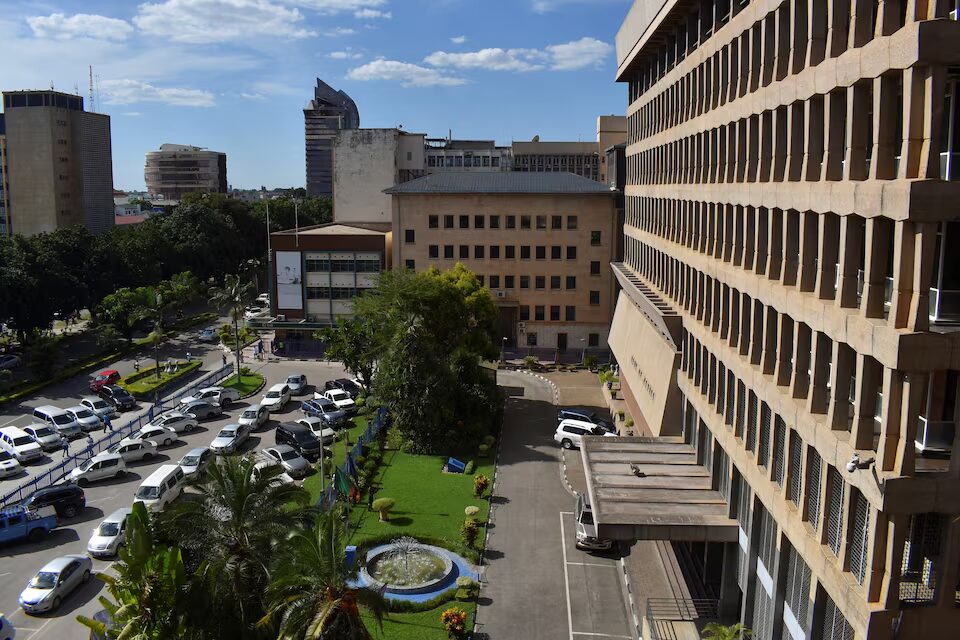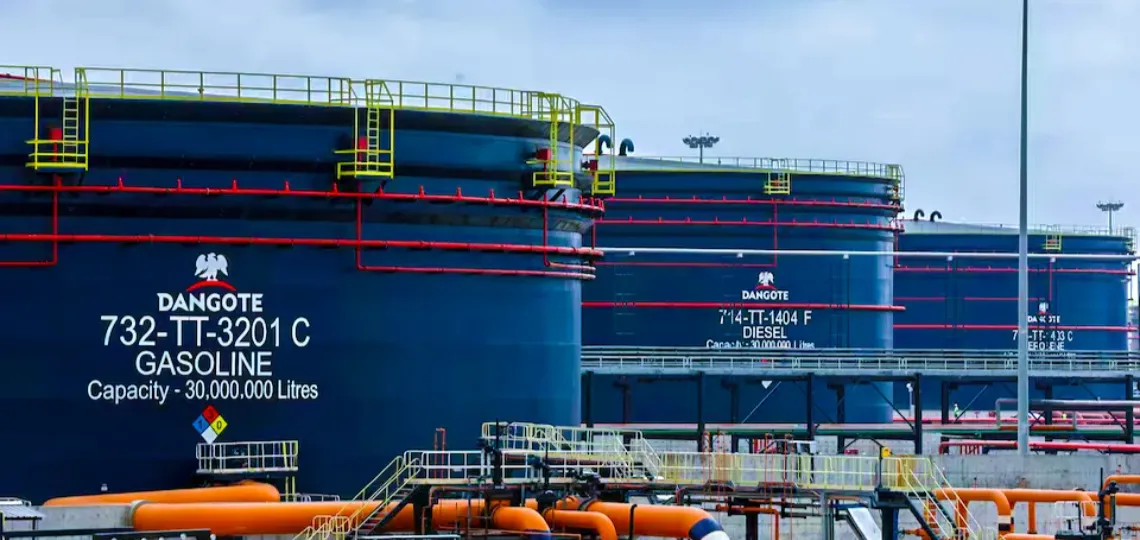
Thursday 18th September 2025

By inAfrika Reporter
Nigeria’s 650,000-barrel-per-day Dangote Refinery has delivered its first gasoline cargo to the United States, a milestone that signals both technical credibility and market access for Africa’s largest refining complex. The roughly 320,000-barrel shipment, moved on the tanker Gemini Pearl, was sold by Mocoh Oil to trader Vitol and on-sold largely to Sunoco for delivery into New York Harbor. For a plant that only months ago was still ramping, meeting U.S. fuel specs is a statement.
The near-term implications are threefold. First, arbitrage: when U.S. prices make sense and European demand softens, refinery cargoes can swing trans-Atlantic, improving Dangote’s netbacks and diversifying customers beyond West Africa and Europe. Second, standards: clearing U.S. gasoline requirements tends to reassure other buyers and insurers, lowering friction for subsequent deals. Third, signaling: for Nigerian policymakers who want to trim fuel imports and firm up forex, a refinery exporting to the U.S. provides political cover to keep pushing for domestic supply contracts and logistics fixes.
Caveats remain. Industry monitors have warned the gasoline unit may face a two-to-three-month maintenance pause for repairs, which would temporarily trim export volumes and test supply commitments. And all the while, crude feedstock quality, pipeline security, and port efficiency still shape the plant’s reliability day to day.
Yet the pipeline of deals looks real. Additional shipments are reported en route this month, handled by major traders, underlining confidence in the product slate and the ability to repeat at scale. The refinery’s flexibility—swinging between domestic supply and export opportunities—could, if logistics hold, narrow Nigeria’s long-standing import dependence while earning hard currency when overseas margins beat local sales.
For West African neighbors, the move reframes regional fuel trade. If Dangote reliably supplies compliant gasoline, coastal states from Dakar to Abidjan could bargain harder on delivered prices, and over time, smaller depots may shift from European liftings to nearer, shorter-haul West African cargoes. That shift won’t erase structural issues—tax regimes, subsidy history, retail margins—but it can chip away at the cost of moving fuel across the sub-region.
So what changes now? Credibility, bargaining power, optionality. What doesn’t? The grind of operations, maintenance, and feedstock logistics that make or break a mega-refinery. One historic cargo doesn’t seal the story, but it does open a new chapter for West Africa’s place in global refined products trade


